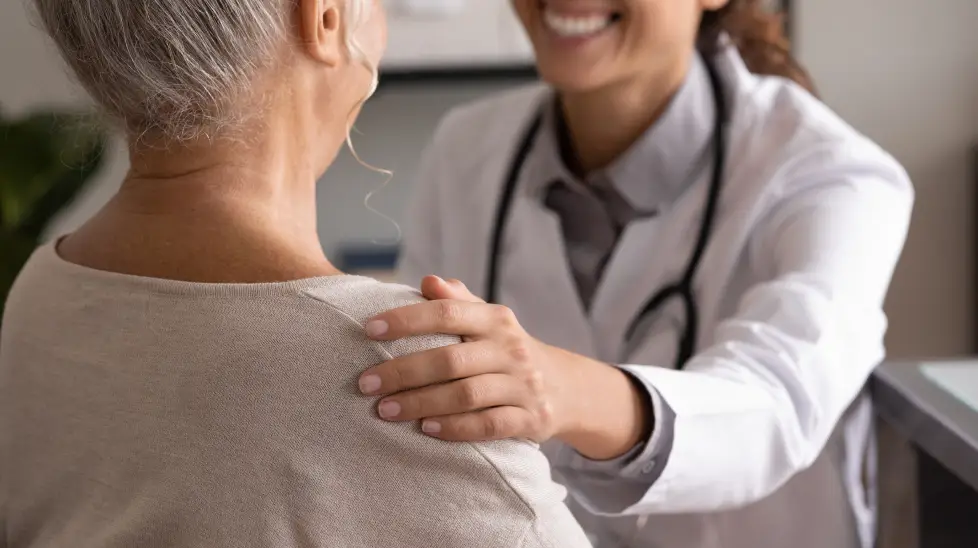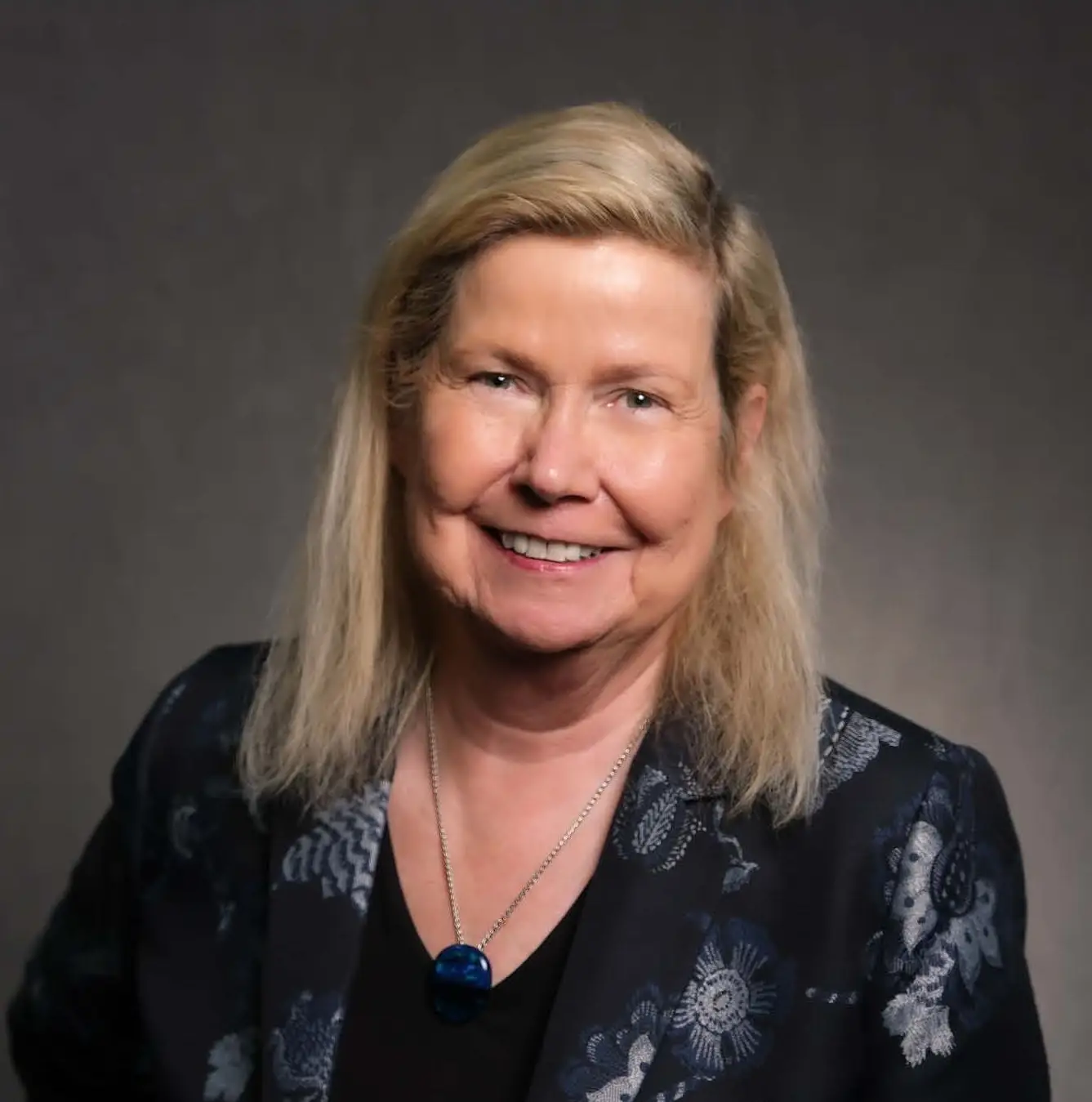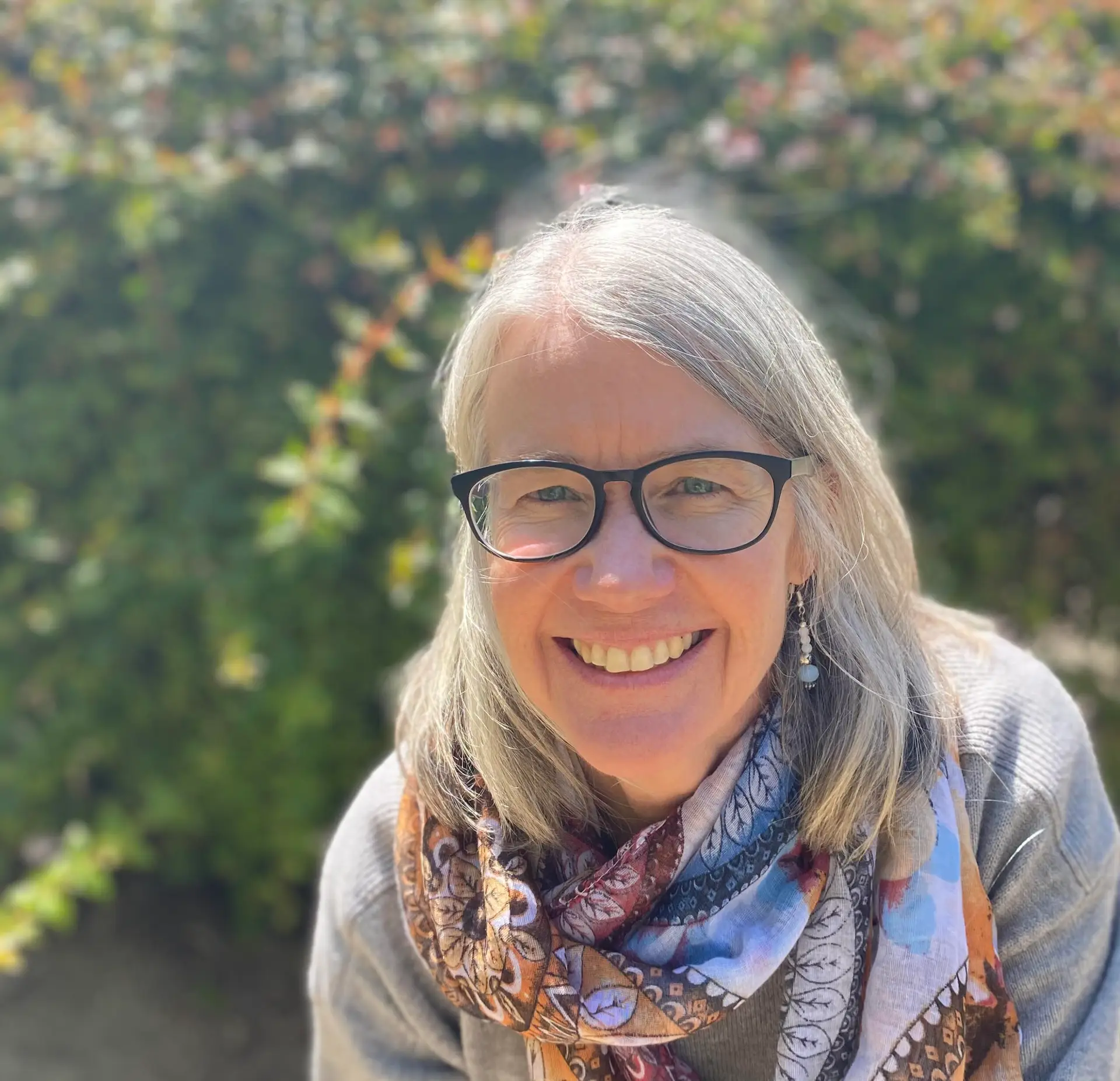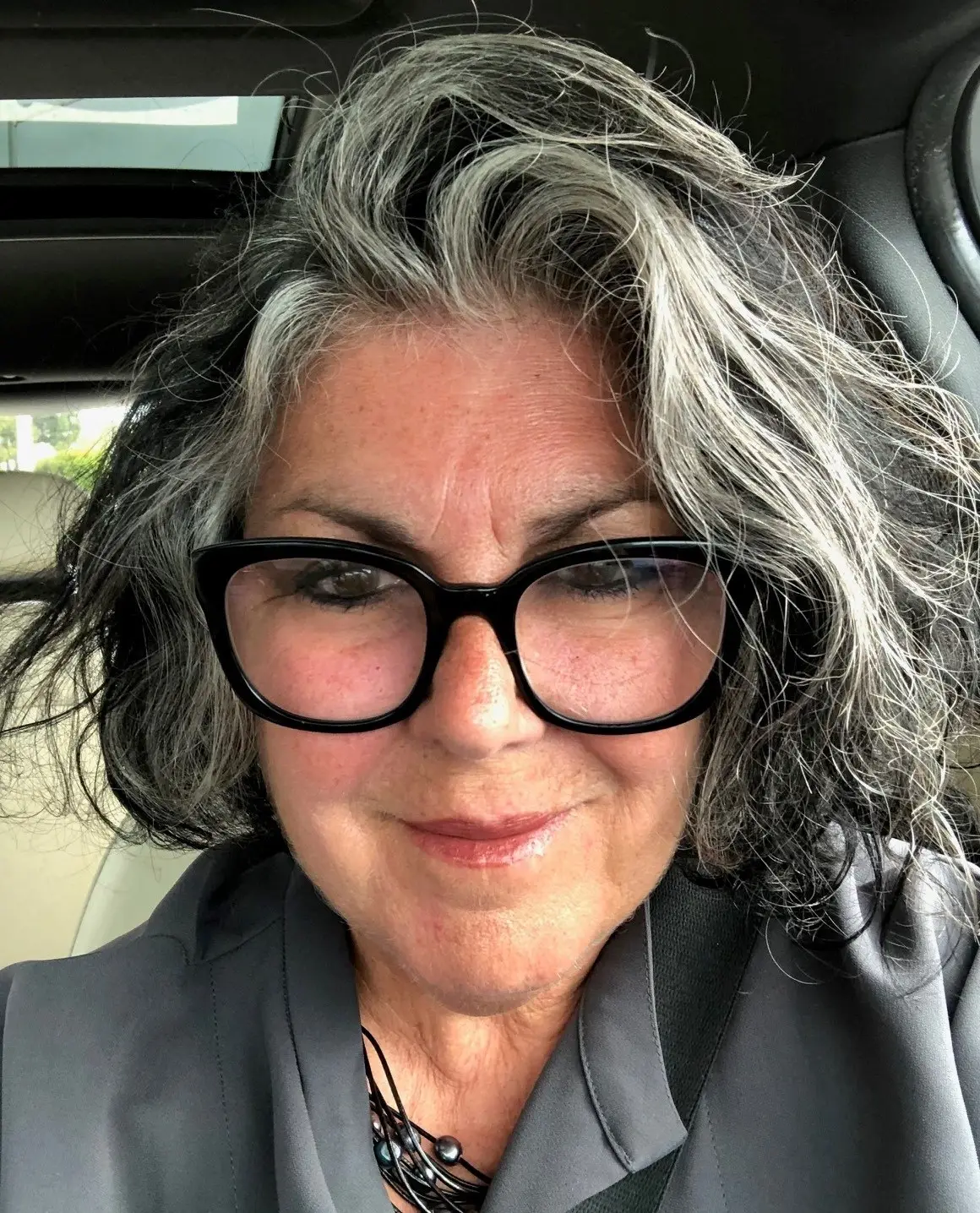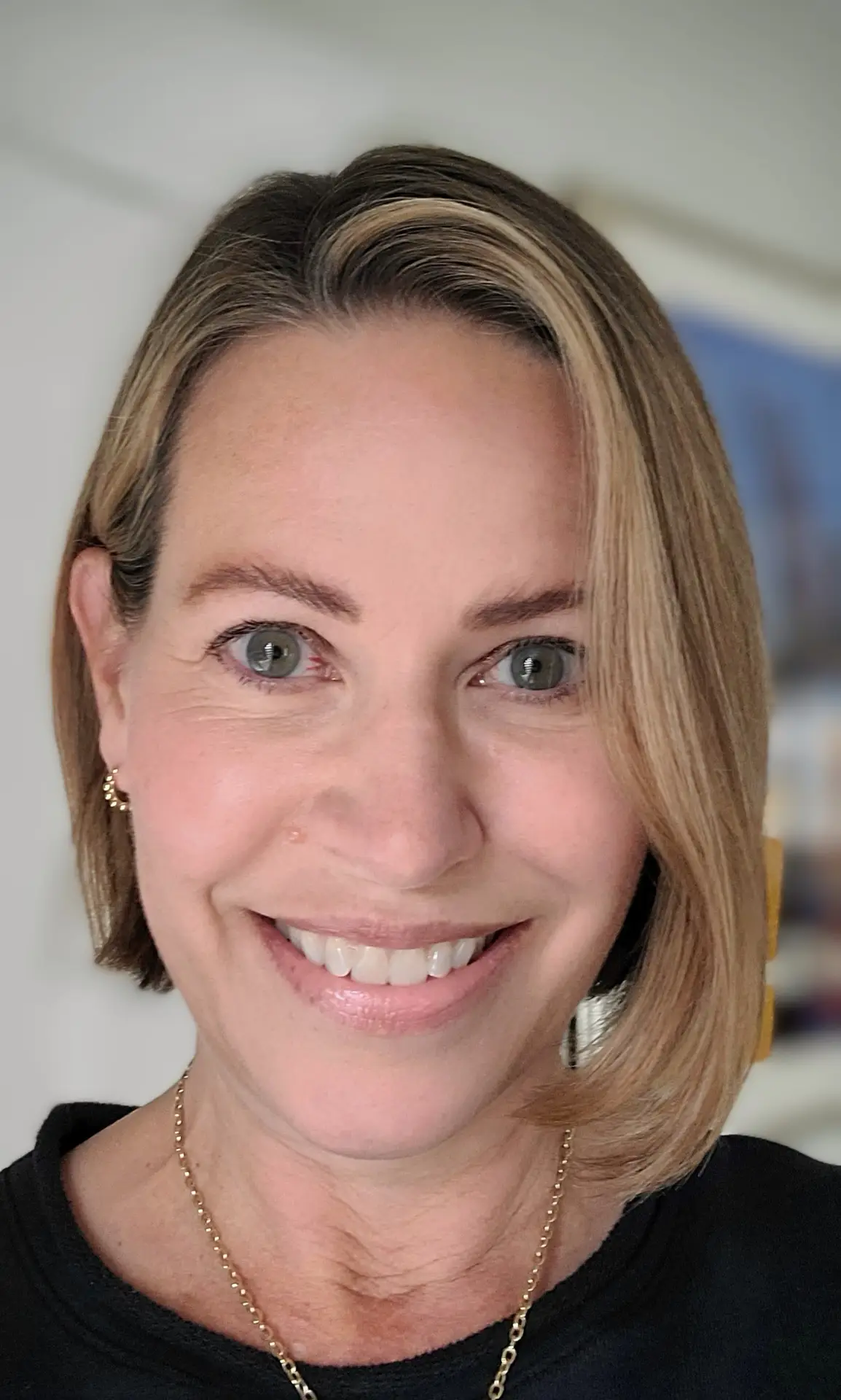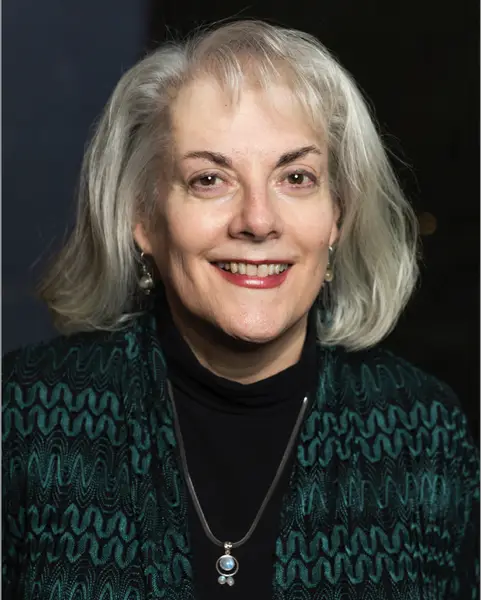Signatera ctDNA dynamics are both predictive and prognostic in neoadjuvant TNBC. Lead time up to 30 months between Signatera positivity and radiographic recurrence.
AUSTIN, Texas, April 11, 2022 /PRNewswire/ — Natera, Inc. (NASDAQ: NTRA), a global leader in cell-free DNA testing, today announced that it will present new data relating to its personalized and tumor-informed molecular residual disease (MRD) test, Signatera™, at the annual meeting of the American Association for Cancer Research taking place April 8 – 13, 2022.
Natera will have two data presentations in early-stage breast cancer, focused on patients that are high-risk hormone receptor-positive/HER2-negative (HR+/HER2-) and/or with triple negative breast cancer (TNBC). These data are the latest in a fast-growing body of evidence supporting the clinical use of Signatera MRD in breast cancer across all major subtypes.
Details about the presentations are as follows:
Abstract # 2796 | Poster Presentation | Date/time: Tuesday April 12, 9am-12:30pm
Circulating Tumor DNA Prognosis in Adjuvant Triple Negative Breast Cancer
Tumor tissue and longitudinal plasma samples were collected post-surgery from 186 TNBC patients enrolled in the phase 3 BEATRICE clinical trial (NCT00528567) and analyzed using a research-use-only version of Natera’s personalized ctDNA technology. The results demonstrate that ctDNA status in samples collected post-surgery provided independent prognostic value beyond the known risk factors of lymph node involvement, tumor size and presence of tumor infiltrating lymphocytes.
- 19.9% of patients with early-stage TNBC were found to have detectable ctDNA after surgery, which was strongly associated with inferior outcomes (IDFS and OS)
- Lead time between first ctDNA positivity and radiographic recurrence was 6.1 months at the median, ranging up to 30.5 months
“TNBC is the most aggressive type of breast cancer, with a major unmet need for better diagnostic tools to identify high risk patients and inform cancer management,” said Angel Rodriguez, M.D., medical director of oncology at Natera. “This study builds upon the prior scientific literature, further validating Signatera as a strong prognostic factor in TNBC, with significant potential to improve patient care.”
Abstract # 7878 | Poster Presentation | Date/time: Tuesday April 12, 9am-12:30pm
Comparison of the Predictive and Prognostic Significance of Circulating Tumor DNA in Patients with High-Risk HER2-Negative Breast Cancer Receiving Neoadjuvant Chemotherapy
This study analyzed 734 blood samples collected serially during neoadjuvant chemotherapy (NAC) from 106 HR+/HER2- and 97 TNBC patients enrolled in the I-SPY2 trial, one of the largest trials in the neoadjuvant setting.
- In TNBC, early clearance of ctDNA after just three weeks of treatment was a significant predictor of pathologic complete response
- Patients who were ctDNA-negative after NAC, in both subtypes, showed significantly improved distant recurrence-free survival, even among those patients who did not achieve pathologic complete response
“This data shows the potential utility of personalized ctDNA monitoring with Signatera during neoadjuvant treatment, giving us the ability to, in conjunction with MR imaging, improve the prediction of response early in the course of treatment,” said Laura Esserman, M.D., M.B.A., and Laura van ‘t Veer, Ph.D., breast cancer specialists on the I-SPY2 Trial. “We are integrating this technology into the I-SPY Trial and prospectively testing it to help improve patient care in breast cancer.”
More information on Signatera in breast cancer is available here.
About Signatera
Signatera is a custom-built circulating tumor DNA (ctDNA) test for treatment monitoring and molecular residual disease (MRD) assessment in patients previously diagnosed with cancer. The test is available for both clinical and research use, and has been granted three Breakthrough Device Designations by the FDA for multiple cancer types and indications. The Signatera test is personalized and tumor-informed, providing each individual with a customized blood test tailored to fit the unique signature of clonal mutations found in that individual’s tumor. This maximizes Signatera’s accuracy for detecting the presence or absence of residual disease in a blood sample, even at levels down to a single tumor molecule in a tube of blood. Signatera is intended to detect and assess how much cancer is left in the body, to identify recurrence earlier and to help optimize treatment decisions.
About Natera
Natera™ is a global leader in cell-free DNA testing, dedicated to oncology, women’s health, and organ health. We aim to make personalized genetic testing and diagnostics part of the standard of care to protect health, and inform earlier, more targeted interventions that help lead to longer, healthier lives. Natera’s tests are validated by more than 100 peer-reviewed publications that demonstrate high accuracy. Natera operates ISO 13485-certified and CAP-accredited laboratories certified under the Clinical Laboratory Improvement Amendments (CLIA) in Austin, Texas and San Carlos, California. For more information, visitwww.natera.com.
Forward-Looking Statements
All statements other than statements of historical facts contained in this press release are forward-looking statements and are not a representation that Natera’s plans, estimates, or expectations will be achieved. These forward-looking statements represent Natera’s expectations as of the date of this press release, and Natera disclaims any obligation to update the forward-looking statements. These forward-looking statements are subject to known and unknown risks and uncertainties that may cause actual results to differ materially, including with respect to our efforts to develop and commercialize new product offerings, whether the results of clinical or other studies will support the use of our product offerings, the impact of results of such studies, our expectations of the reliability, accuracy and performance of our tests, or of the benefits of our tests and product offerings to patients, providers and payers Additional risks and uncertainties are discussed in greater detail in “Risk Factors” in Natera’s recent filings on Forms 10-K and 10-Q and in other filings Natera makes with the SEC from time to time. These documents are available at www.natera.com/investors and www.sec.gov.
Contacts
Investor Relations: Mike Brophy, CFO, Natera, Inc., 510-826-2350
Media: Kate Stabrawa, Communications, Natera, Inc., pr@natera.com
SOURCE Natera, Inc.
Related Links
http://www.quantumleaphealth.org
For more information, email karyn.digiorgio@quantumleaphealth.org




